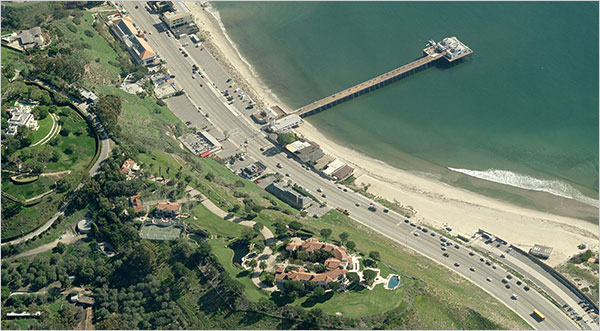| Want to send this page or a link to a friend? Click on mail at the top of this window. |
More Special Reports |
| Posted November 17, 2009 |
| International |
| A U.S. Visa, Shouts of Corruption, Barrels of oil |
 |
|
PICTOMETRY INTERNATIONAL |
| Theodoro Nguema Obiang, the son of Equatorial Guinea's president, owns a fleet of luxury cars and an estate in Malibu, Calif. |
|
By IAN URBINA |
| A Rich Man's Things | |
|
|
|
| Assets owned in the United States by Teodoro Nguema Obiang, son of the president of Equatorial Guinea. | |
|
|
|
| Oceanfront home in Malibu, Calf. ............................................ Listed at $35 million | |
| Gulfstream v jet ...................................................................... .............$38 million | |
| Four Ferraris, valued at $250,000 each ................................................... $1 million | |
| Two Rolls-Royce Phantoms, at $350,000 each ......................................... $700,000 | |
| Two Maybachs, at $350,000 each ............................................................ $700,000 | |
| Bentley Amage ...................................................................................... $240,000 | |
| Rolls-Royce Park Ward .................................................................................. N/A | |
| Two speedboats ............................................................................................ N/A | |
|
|
|
| SOURCE: United States Immigration and Customs Enforcement |
| A federal law and a presidential proclamation ban corrupt foreign officials from receiving visas to visit the United States. Officials believe that Teodoro Nguema Obiang, the agricultural minister and son of the ruler of Equatorial Guinea, has derived "most if not all" of his wealth from corruption related to the massive oil and gas reserves off the coast of his tiny West African country. Nonetheless, he travels regularly and freely in and out of the U.S. A Justice Department memorandum and a presentation prepared by Immigration and Customs Enforcement agents outline specific accusations against Mr. Obiang and his associates. The documents were originally obtained by Global Witness, a British human rights group, and neither the Justice Department nor I.C.E. would confirm their authenticity. They have been edited for legibility and to protect personal information. | |
|
|
|
|
|
|
____________ |
|
|
|
|
| The son of an African President is always welcomed at the border. | |
|
____________ |
| Wehaitians.com, the scholarly journal of democracy and human rights |
| More from wehaitians.com |